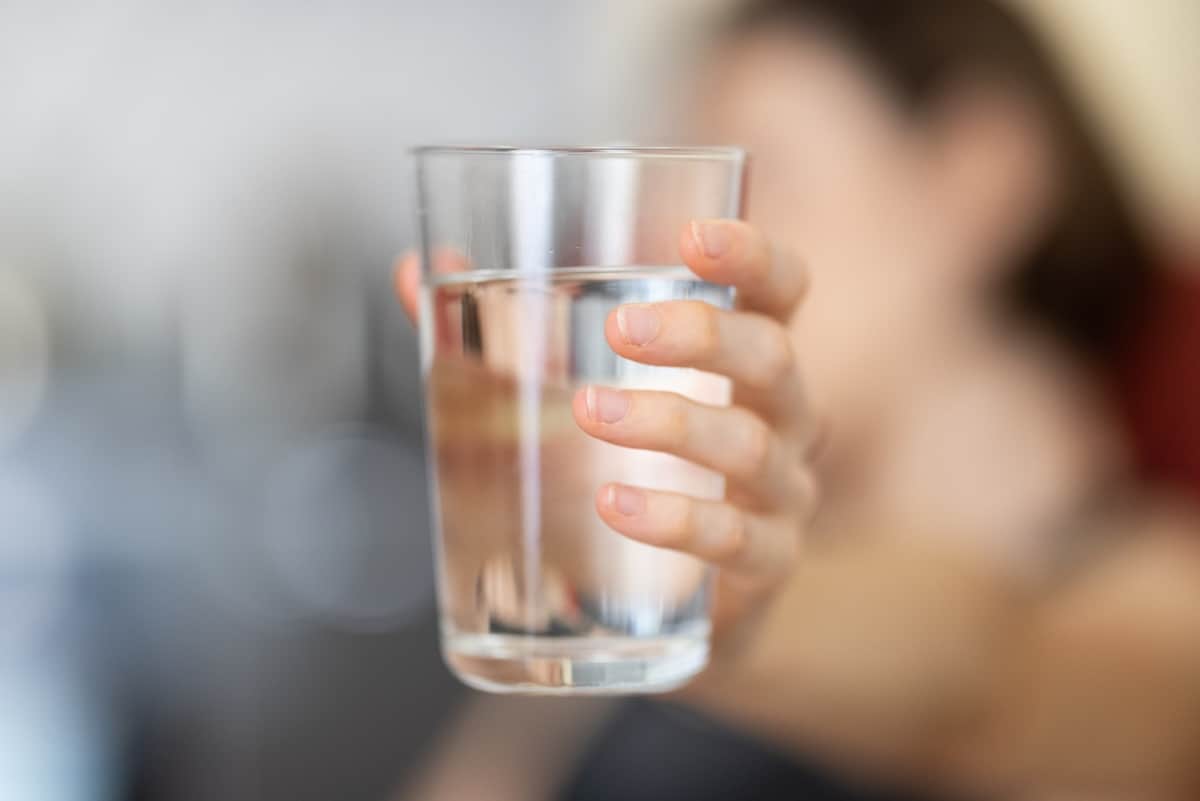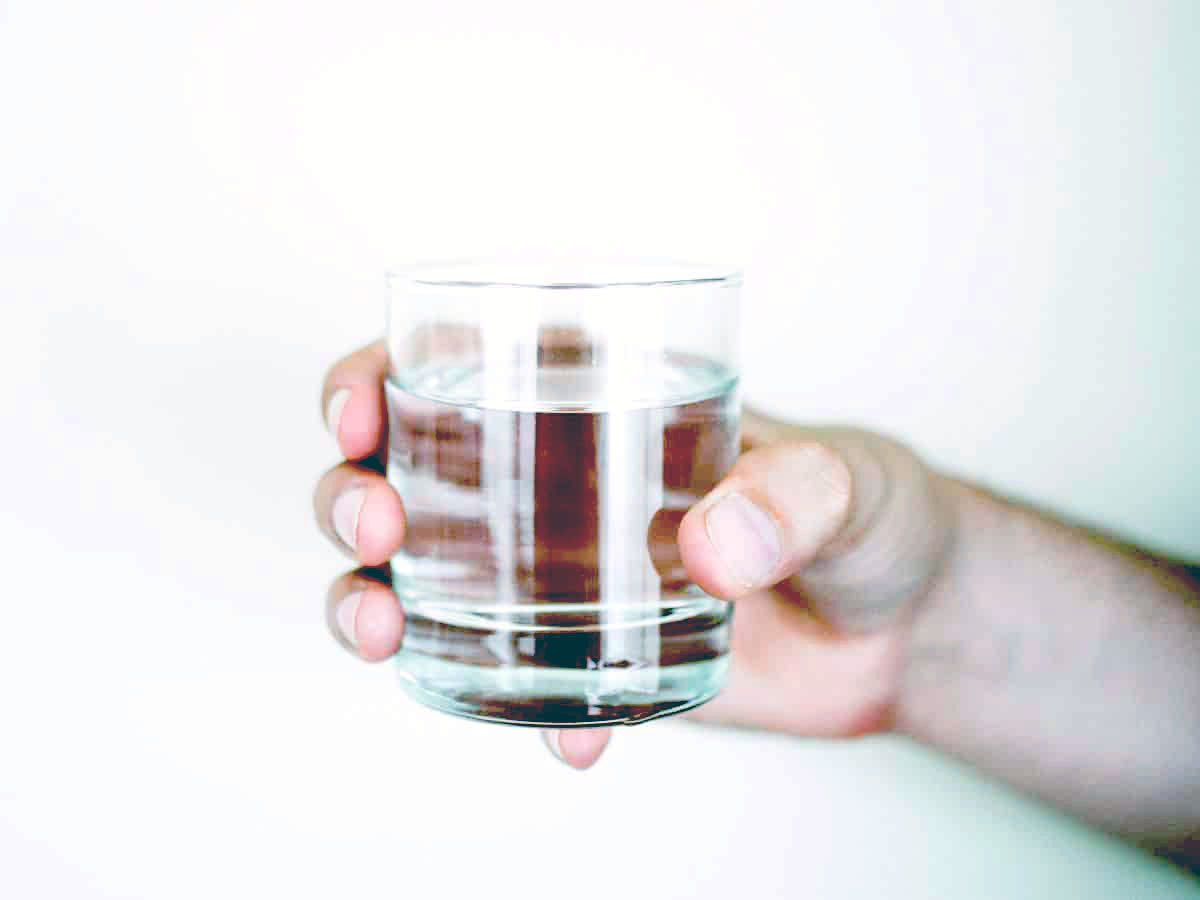No matter where you live, it’s important to understand the quality of the water that comes out of your kitchen tap. In this city water blog, we’re looking at Arlington, Texas. Arlington is home to the Dallas Cowboys and Texas Rangers, as well as many other sports teams and attractions. But, are they home to safe water? After all, water is the foundation for our health and well-being. In this article, we’ll give a brief overview of Arlington Texas water quality based on recent testing and data from local authorities.
Is Arlington Texas Tap Water Safe to Drink?
The City of Arlington has a good track record of drinking water quality testing and has never had any serious problems with its water. According to the EPA (Environmental Protection Agency), Arlington Texas water quality meets all federal standards for safe drinking water. Even though they meet legal requirements, they still have contamination in their municipal water supply that might be harmful to health.
Despite the fact that these levels are low and should not cause alarm for most residents, it’s important to keep this information in mind before drinking tap water without a filtration system.
The city has its own Water Quality Laboratory where they test samples from around the city every week. If there are any problems with bacteria or other contaminants in the tap water, they will be able to identify them quickly and make adjustments accordingly. The lab also tests for metals like copper or lead that might be in the pipes if you have older plumbing at home so that no one gets sick from using the faucet.
Does Arlington Have Hard Water?
Hard water is not harmful to you, but it can be bad for your pipes and appliances. Hard water contains minerals like calcium and magnesium that react with soap and make it less effective. The minerals also cause deposits called scale to build up in your pipes, which can eventually clog them or cause leaks. You may notice brown spots, soap scum, and mineral buildups on your dishes if your dishwasher uses hard-water detergent.
Does Arlington Water Have Fluoride?
Yes, Arlington’s water contains fluoride.
Fluoride helps prevent tooth decay, so it’s added to the water supply. It’s a naturally occurring element that has been shown to help prevent cavities when it’s ingested in small amounts. The city of Arlington adds fluoride to its water in the right amount, which you can read more about below:
- 0.1 mg/L (mg/L = milligrams per liter)
- 0.2 mg/L in August 2019

How is the Water in Arlington, Texas Treated?
Two separate treatment plants treat Arlington’s water. The North Plant treats water from Lake Arlington, while the South Plant treats water from White Rock Creek.
The first step in the treatment process is chlorine disinfection. Chlorine kills germs and other harmful microorganisms before they reach your home’s plumbing system.
Three different types of filters clean the water after disinfecting. The filters are:
- Granular activated carbon (GAC)
- Sand media filtration
- Fine particle filtration (FPF).
These filters remove some chemicals that may be present in your tap water, like lead and nitrates. Also, it improves the taste and smell by removing natural sediments dissolved in it. Next, ozonation happens to kill bacteria that might have survived when treated with chlorine but still present as a result of age or growth from incomplete chlorination.
Fluoride mixes with the water in a fluoride contact chamber before being distributed for drinking purposes. This step prevents tooth decay because fluoride strengthens tooth structure over time by protecting enamel from decay-causing acid attacks. It is recommended annually by the Center for Disease Control to consume fluoride at recommended levels.
Where Does Arlington’s Drinking Water Come From?
Arlington’s drinking water comes from Lake Arlington and Lake Worth, located in Arlington, Texas. The City’s main source of drinking water is Lake Arlington, which has been the City’s primary water supply since 1949. The lake holds more than 1 billion gallons of water, with a maximum depth of about 20 feet. The lake has a large population of largemouth bass and catfish; other fish include crappie and bluegill.
Lake Worth serves as a backup supply for the City by providing 30 million gallons per day (mgd) during times when consumption exceeds production at Lake Arlington. The surface area of this lake averages 25 acres, with depths up to 40 feet in some areas.

How is Water Quality Testing Performed in Arlington, TX?
Arlington Texas water quality is tested on a regular basis. The City of Arlington Public Works Department performs these tests, which involve collecting samples of water and analyzing it for bacteria, chemicals, and other substances.
Local water utilities must test their drinking water at least once per month; they also must monitor their systems regularly to ensure that they continue to meet all federal regulations. Arlington’s testing methods fall within these guidelines:
- The lab collects water for analysis from various locations throughout the distribution system using EPA-approved methods.
- Several bottles are set aside for this purpose. Each one is labeled with the date and time of collection for the workers to come in the morning.
What Do I Need to Know About Lead in Arlington, Texas’ Tap Water?
The City of Arlington tests its water regularly to make sure it meets the federal limit for lead. In fact, Arlington’s drinking water has never exceeded that limit.
However, if you are concerned about lead in your tap water in Arlington, Texas, please take the following steps:
Step 1
Run your tap for 5 minutes or more before using it for drinking or cooking. This helps clear out any particles that may be in your pipes. If you have a faucet with an aerator (a small device at its end), remove it and rinse it with hot water before using.
Step 2
If you use a filter on your faucet, check to see if it removes lead by certified testing methods such as those established by NSF International/American National Standards Institute (NSF/ANSI) Standard 53 for Drinking Water Treatment Units.
- Health Effects Test Procedure for Lead Removal from Drinking Water Through Media Filtration Devices; ANSI/NSF Standard 42, Drinking Water System Components
- Health Effects Test Procedure for Lead Removal From Drinking Water Through Media Filters; and ANSI/NSF Standard 61, Drinking Water System Components
- Health Effects Test Procedure For Inorganic Chemical Reduction By Activated Carbon Filters Using Simulated Conditions Of Use In A Residential Application And Other Small Systems With Low Flow Rates And High Turbidity Levels

Is Arlington Texas Water Quality Good?
In terms of the outdated EPA standards, yes. The city has a sound water treatment process and complies with all federal and state drinking water standards. However, there are still some contaminants found in their municipal supply that may have possible health effects. While these levels are low and should not alarm most residents, it’s worth bearing this information in mind before drinking the tap water without purifying it further.
What About Home Water Filtration?
Should you choose home water filtration or buy bottled water? One of the most common misconceptions about bottled water is that it’s safer to drink than tap water. In reality, the reverse is true. The Environmental Protection Agency (EPA) regulates tap water and The Food and Drug Administration (FDA) regulates bottled water. The EPA requires public water systems to test their product regularly, while the FDA only requires bottlers to test theirs every three years. This practice hasn’t been updated in decades, even though science has evolved.
Home water filters are a better option for keeping your family safe from harmful contaminants and improving the taste of your drinking water. Whole house water filter systems filter everything from chlorine and chloramines to particulates like sediment and rust.

Contact ONIT Home For Your Home Water Filtration System Needs
If you’re concerned about the safety of your drinking water, then you should find out if a whole house water filter is right for you. A whole house filter will filter out contaminants and impurities from your entire supply of water, including bath, shower, and kitchen sink use.
Find out why ONIT is the whole home water filtration system trusted by families like yours. We are committed to helping you get the cleanest, best-tasting water possible. We offer a wide range of products and services, including water filter systems for every budget and lifestyle. Visit us online or give us a call right now at 1-833-433-0331.



